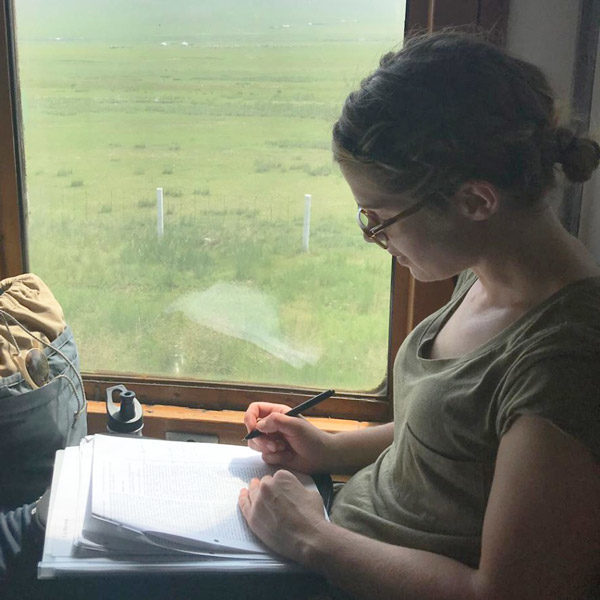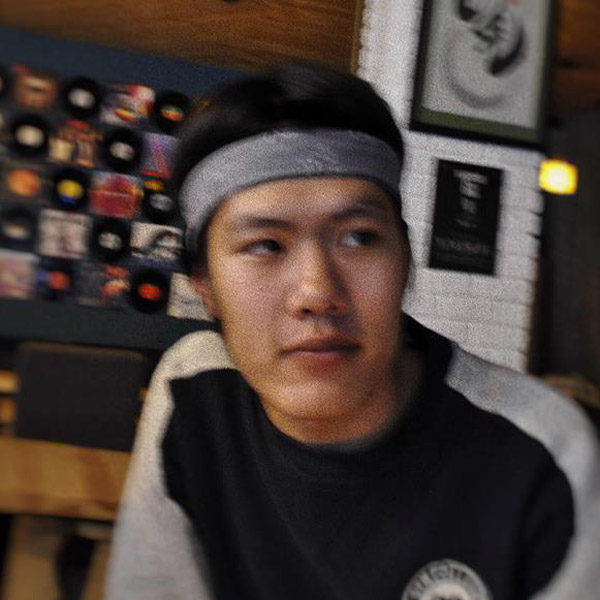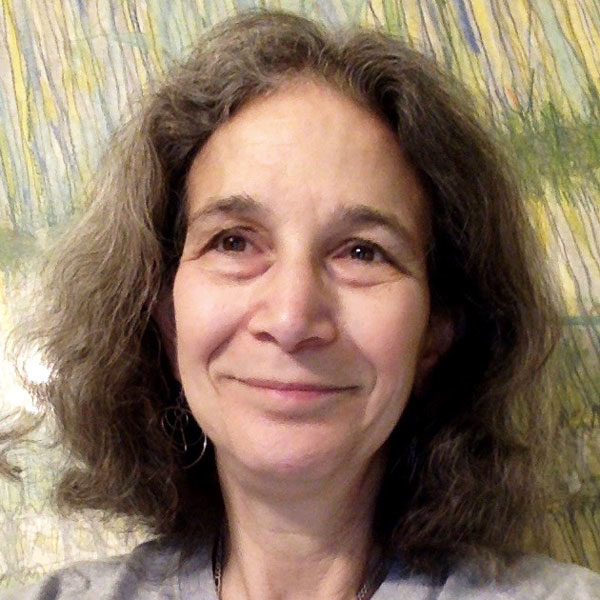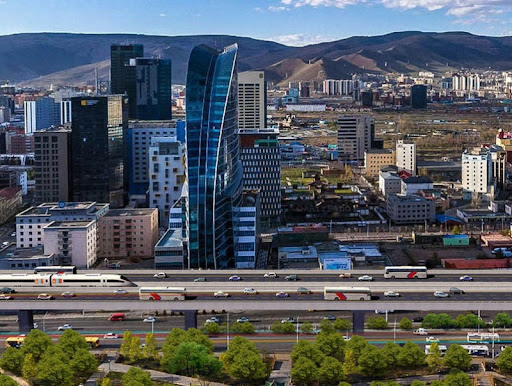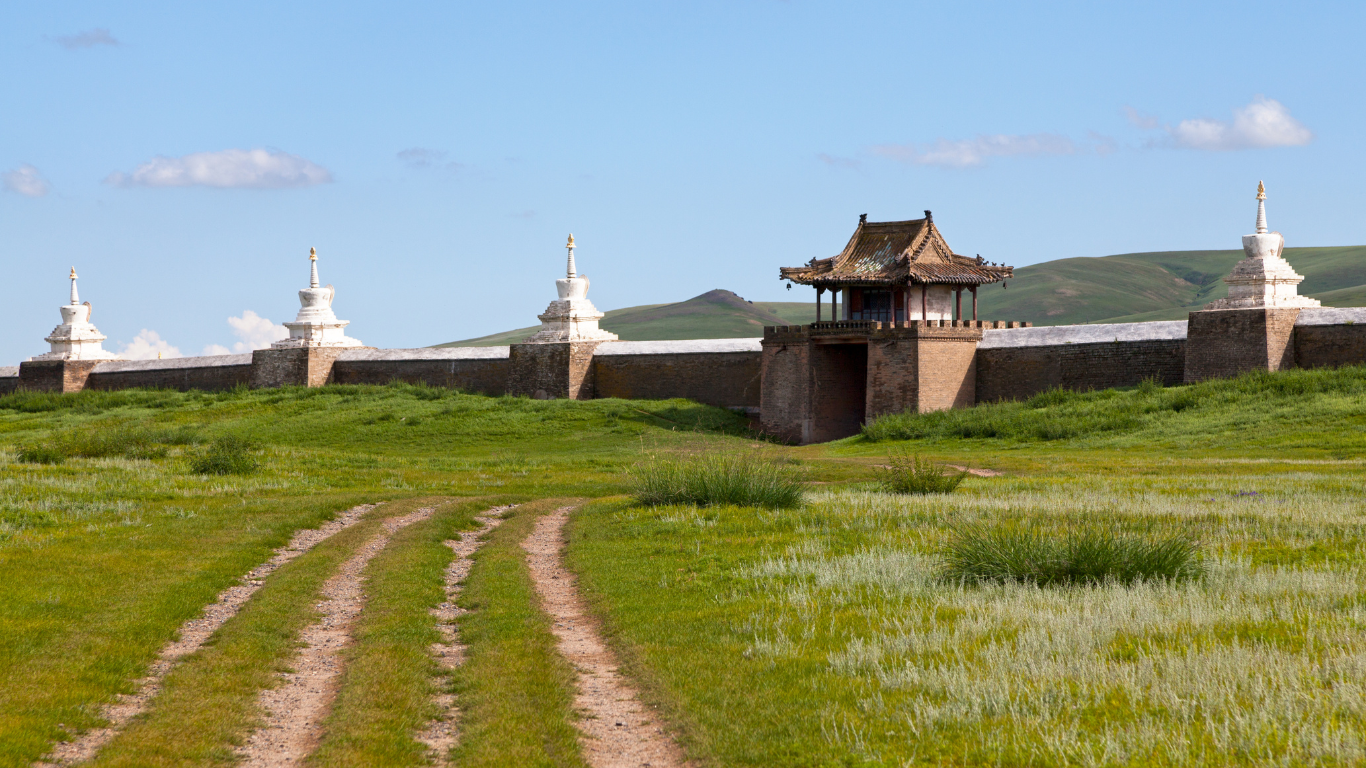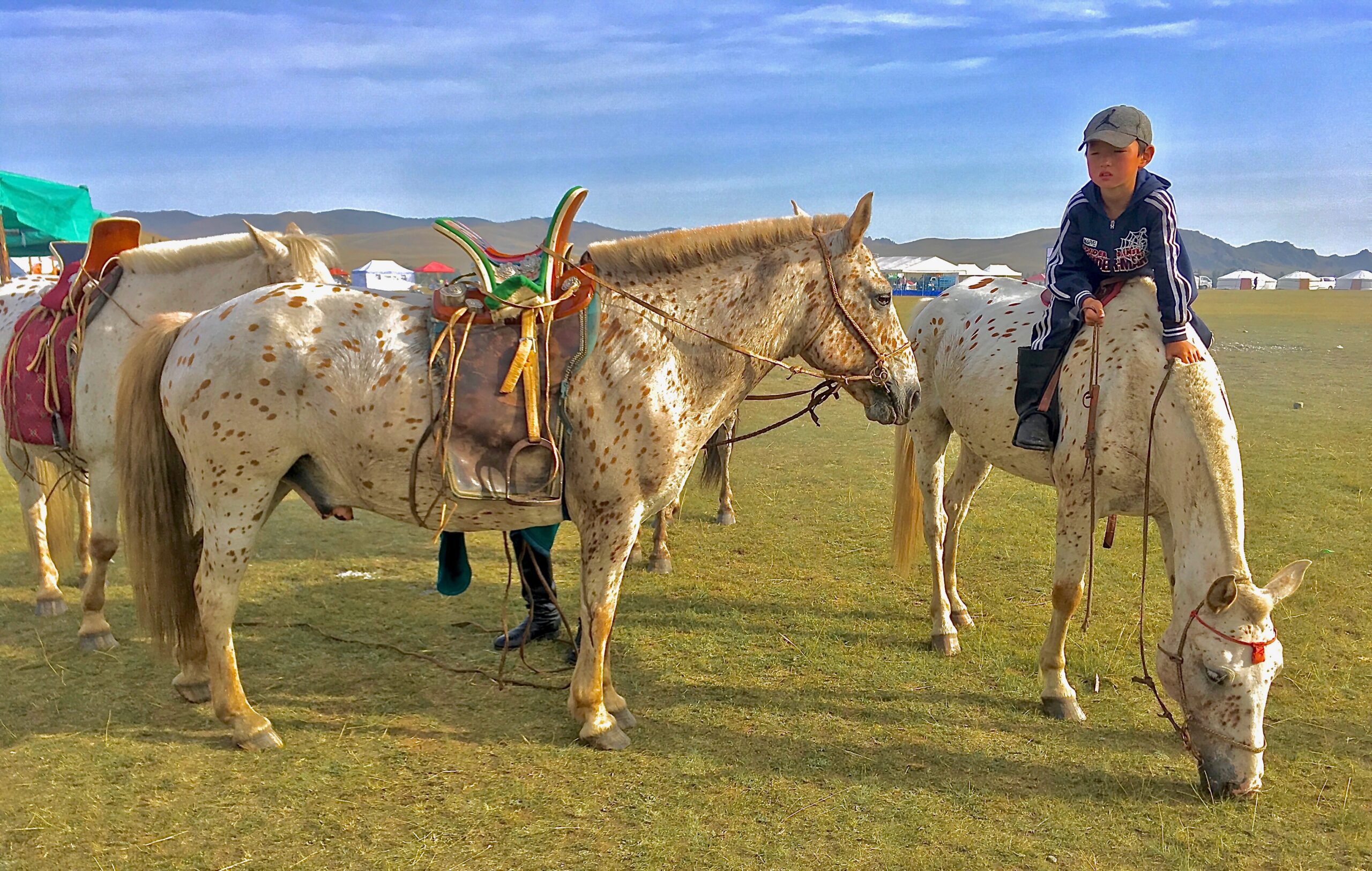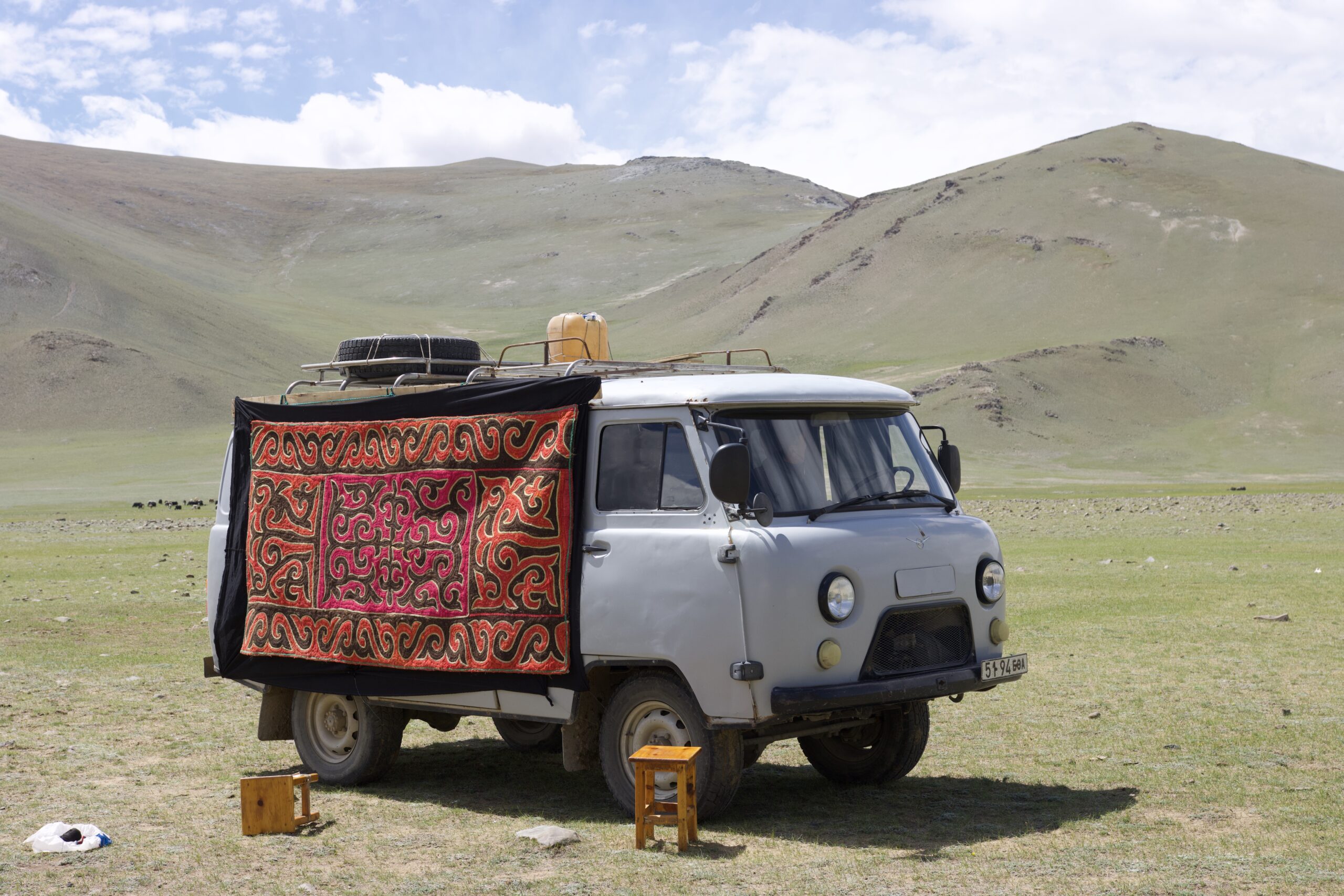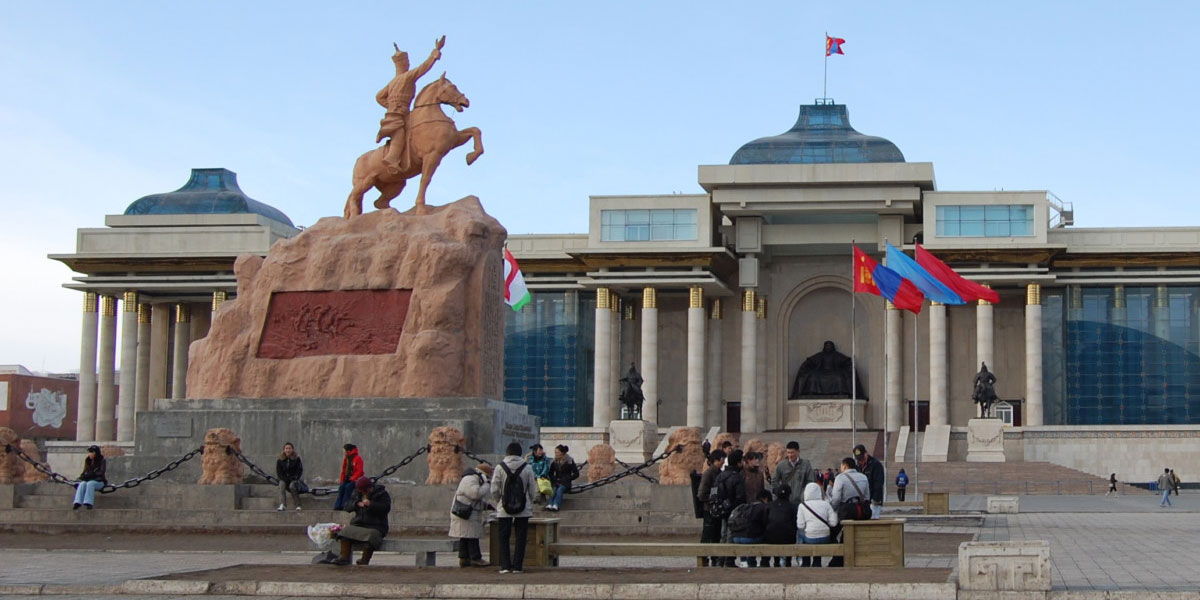Horses and the Human Story: How Mongolian Horses Changed the World
8 Days ◦ 2 Instructor and Support Staff
July 20 - July 28, 2024
Embark on an exhilarating weeklong field course led by esteemed archaeologist Dr. William Taylor and ACMS Resident Director Dr. Isaac Hart, unraveling the fascinating early tales of humanity intertwined with the extraordinary history of horses. Join us on an immersive journey through Mongolia's vibrant contemporary horse culture and delve into the heart of ancient equestrian empires that reshaped continents, from the far-reaching Mongol Empire to distant lands in Europe, Africa, Japan, and Southeast Asia.
For priority consideration for fellowship awards apply by March 30, 2024.
Final deadline is May 30, 2024.
Course Overview
Explore ancient ritual landscapes intertwined with Mongolia's earliest horse cultures, wander through the remnants of the legendary capital of the ancient Mongol Empire—Karakorum—and discover the ingenious postal relay system that connected ancient Eurasia, long before the advent of modern transportation.
Through immersive site visits and engaging discussions with field experts, participants will delve into cutting-edge archaeological research, unveiling pivotal innovations such as horse chariots, riding techniques, and equine equipment. Gain a deeper understanding of how Mongolia's rich horse cultures not only shaped the ancient world but also continue to influence our contemporary society.
This unparalleled course offers an intensive week delving into the depths of Mongolia's horse culture, set amidst the captivating landscapes of Ulaanbaatar and Kharkhorin. Join us from July 20-28, 2024, for an extraordinary expedition through time and history.
This course can be taken together with a second ACMS Field School course such as the course on Hustai National Park: Managing Biodiversity in the Home of Mongolia’s Native Horses (July 29-Aug 11) or Steppe Ethnographies: Mobile Pastoralism, Cosmology and Development in Rural Mongolia (July 29-Aug 9).
Anticipated Course Activities
Day 1 - Jul 20
Day 2-3 Jul 21-22
Day 4 - July 23
Day 5 - Jul 24
Day 6 Jul 25
Day 7 Jul 26
Day 8 Jul 27
Day 9 Jul 28
Instructors

Dr. William Taylor

Dr. Isaac Hart
Testimonials
